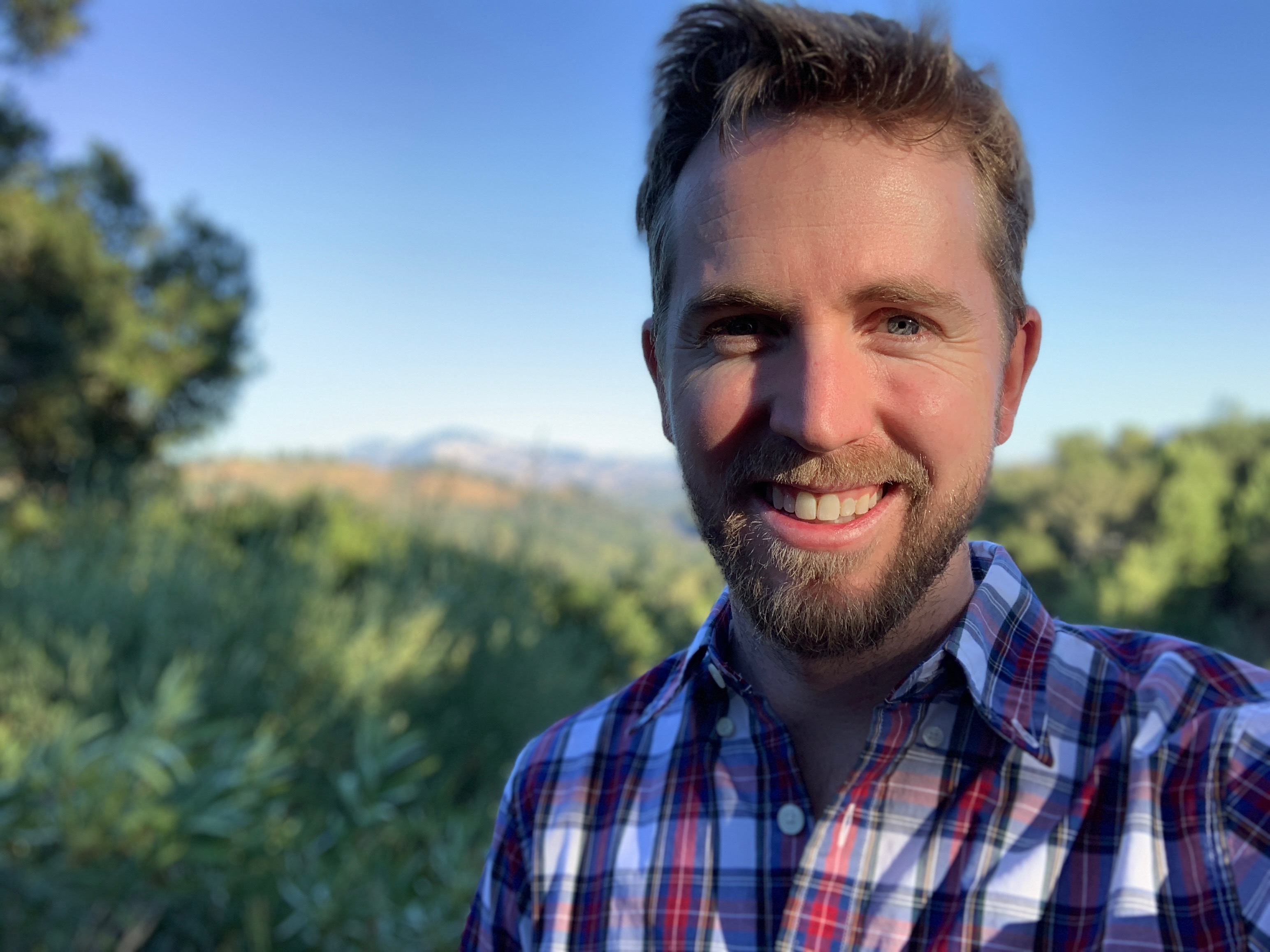My parents always used to tell me: I could achieve anything if I put my mind to it. The funny thing is, with the web at your fingertips, often you don’t need to put your mind to work to achieve something. You can just type “Venezuela president” into your favourite search engine, and find out that Hugo Chávez is currently Venezuela’s president without exercising any mental effort.
Is this a good thing? I think so. Human history is full of inventions that let people think less about some things so they can concentrate on others. The development of irrigation in Egypt meant people could work less on the farm, and instead spend more time building their pharoah’s burial chamber or collecting scrolls. The printing press meant thousands of monks no longer had to spend years writing copies of the Bible. Instead they could spend more time thinking about what the book said, or studying the pea plants in the garden.
At each point, our civilisation has taken leaps forward by saving time on trivial tasks in order to spend time doing something more worthwhile. The internet, and the web in particular, do the same for the knowledge.
The web has two key parts that have led to its revolution in how we look up information:
- The web has information on an enormous scale, written by people all over the world. It has no physical limits like a library, nor does its content deteriorate over time. There is no reason it will not continue to expand indefinitely.
- Search engines can give you the relevant information whenever you need it. With an effective index of the entire contents of this changing global library, you have a way to locate information amongst all the documents that is far superior to any cataloging technology that came before.
Rather than scouring your local library for a few books which cover the obscure topic you’re interested in, you can type a few words into a search engine and get the information from your living room. There’s no longer a need for authors to publish their work and distribute it physically: the web allows all the authors to make their thoughts available to interested readers. Popular search engines rank the available documents based on how many people refer to them, providing a peer review system that works to promote useful information to people looking for it. Like printed books did over the last few centuries, the web has spread to almost every home and office in the developed world, and will soon be everywhere in developing countries too.
Given this revolution in communication, knowledge and research, it’s quite alarming that several important leaders in Australian education consider rote learning to be an essential part of education, and a reason why internet use should not be an integral part of assessments:
Barbara Stone, who heads the Association of Heads of Independent Schools of Australia, welcomed … exploring new technologies, but said there would always be a place for rote learning and exams.
…
Jenny Allum, the principal of SCEGGS Darlinghurst, said there was scope for the type of assessment tasks [where students] synthesise information from different sources and judge their validity. However, students would always be required to demonstrate their level of knowledge without access to technologies.
This was in response to PLC in Croydon trialling phone and internet use during exams.
In my opinion, rote learning is exactly the wrong outcome of education and exams. Educational assessments are there to assess knowledge and understanding, comprehension and creativity. Rote learning shows none of these abilities, particularly not knowledge.
If students go into a maths exam knowing the quadratic formula by memory but not understanding what it means or how to derive it, I think their education has failed. The purpose of teaching the quadratic formula isn’t so that students can sit in a room and solve quadratic equations as fast as possible. It’s to teach them about mathematics and increase their understanding of how to solve problems in a general sense.
The same principle applies to knowledge in general. If I don’t know something that I need to know for my work, I look it up. While it helps to keep frequently used information in my head, the benefit of having a worldwide network of information is that I can concentrate more on the task at hand. Rather than trying to perfectly recall every aspect of the Java programming language, I remember the key points and look up the details.
There is an excellent talk from the TED conference which covers a closely related topic, Sir Ken Robinson: Do schools kill creativity? Robinson is an expert on promoting creativity in education and organisations. He feels that our current education system teaches students to avoid failure at all costs, effectively killing their creativity.
With education leaders that see rote learning and exams without access to modern tools as the future of education, I can certainly see his point.
